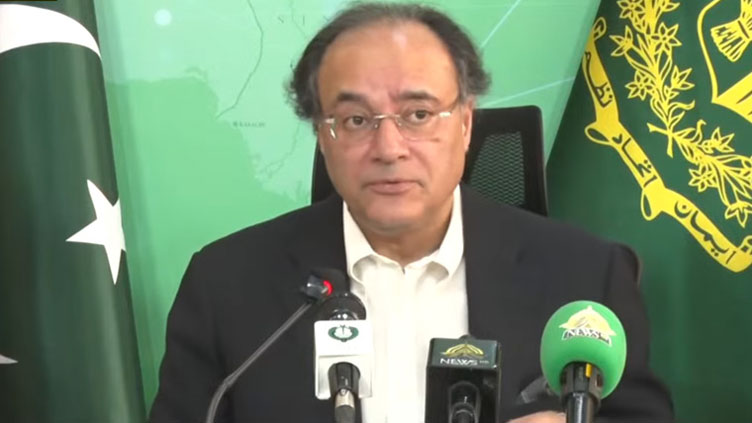
ISLAMABAD (WS News) – The Finance Division on Wednesday clarified reports linking the two deceased Chinese engineers killed in an explosion in Karachi, to the ongoing IPP talks.
In a statement, the Finance Division said, “The government has been negotiating with IPPs, including the power plant for which both the Chinese engineers worked. However, the deceased engineers were not involved in the IPP talks. Hence, any impression created to this effect by media reports is misleading and has no basis.”
The statement followed an account by Federal Finance Minister Muhammad Aurangzeb on the issue.
Yesterday, the finance minister said that he, along with Power Minister Awais Leghari, led talks with power companies, requesting debt re-profiling and extended maturities, which could lead to a reduction in power tariffs.
Aurangzeb also mentioned that personnel involved in negotiating with IPPs were attacked in Karachi, calling it a regrettable incident.
The minister condemned the terrorist attack on Chinese citizens, extending condolences to the Chinese government and people.
The attack, a suspected suicide bombing near Jinnah International Airport on Sunday night (October 6), killed three people, including two Chinese nationals, and left dozens injured.
The finance minister said that a single-day strike might cause cumulative losses of around Rs 190 billion to the national economy.
Addressing a press briefing, the minister said that the Ministry of Finance’s Economic Wing had formally calculated the adverse impact, taking in account losses in gross domestic product, tax revenue, law enforcement costs, business and export losses, foreign direct investment flow, and information technology.
He said the social sector had also been affected, with hospitals, construction workers, street vendors, and taxi drivers adversely impacted. Approximately 0.8 million people in Islamabad did suffer for over the last 2-3 days, he added.
Currently, Pakistan’s total GDP stood at Rs 124 trillion, with Q2 estimates at Rs 32 trillion on that basis the Economic Wing estimated losses, he said.The government was focusing from stability towards growth side, he added.
On the economic front, the minister highlighted that macroeconomic stability had begun to take hold, with currency stability and $10.7 billion in reserves following the International Monetary Fund tranche.
He said inflation has dropped to 6.9%, a 44-month low, with all three elements – headline inflation, core inflation, and average inflation – now in single digits.
The minister expressed the optimism that the policy rate would gradually decrease in the upcoming State Bank of Pakistan (SBP) monetary policy meeting.
He emphasized that Karachi inter-bank offered rate (KIBOR), a key factor, was already below expected levels.
Furthermore, the government had reduced its borrowing to minimize debt servicing costs, enabling banks to lend more to the private sector.
Aurangzeb urged the citizens to avoid activities harming the economy, emphasizing the government’s commitment to consolidating economic position and achieving sustainable growth.



